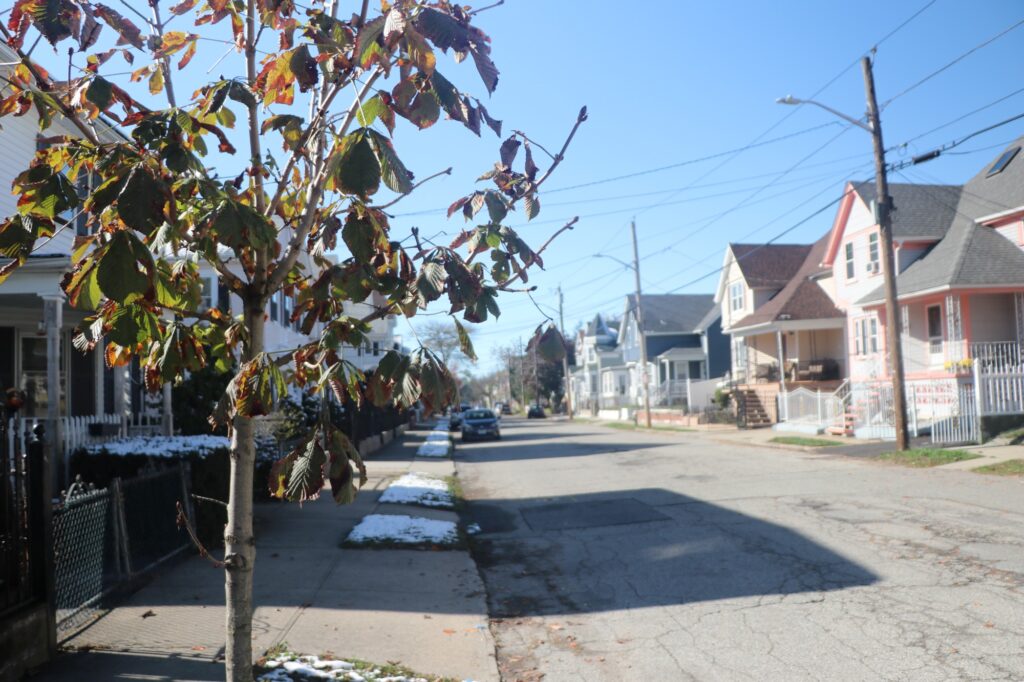Tree Equity goes beyond the planting of trees. In Rhode Island, American Forests is harnessing trees’ ability to reduce the severity of climate change and related health impacts on frontline communities and vulnerable populations. Working with state, local government and private-sector partners, American Forests is piloting a suite of tools, including Tree Equity Score Analyzer, to help increase the ability of urban forests to soak up carbon while also improving public health.
Resources that go hand-in-hand with advancing Tree Equity, such as the Tree Equity Funding, Financing and Policy Guide, are being used by city, state and NGO partners in Rhode Island to direct urban forestry resources to neighborhoods where people are experiencing poorer health outcomes. Many of these neighborhoods, which have been designated Health Equity Zones by the state, also have fewer trees. Tools like the Tree Equity Score Analyzer are being used by municipalities to determine where investment in trees should be made in these neighborhoods.
Our work in Rhode Island shows the capacity for urban forests to help achieve city- and state-level climate and health goals. Serving as a model for other urban areas throughout the country, Rhode Island’s leadership on climate change and health demonstrates how sectors can work together to achieve common goals that benefit people.


